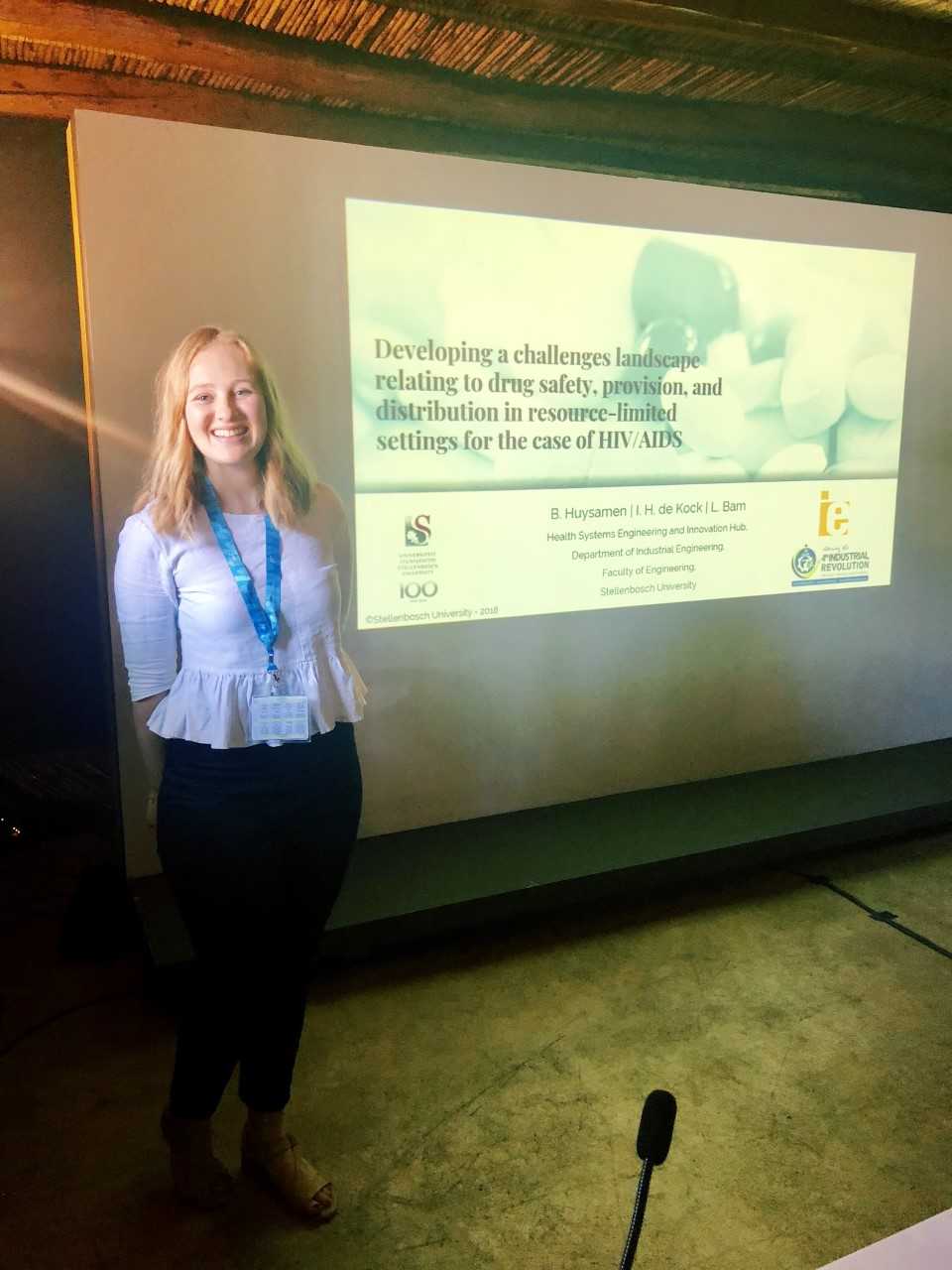This article is part of the network’s archive of useful research information. This article is closed to new comments due to inactivity. We welcome new content which can be done by submitting an article for review or take part in discussions in an open topic or submit a blog post to take your discussions online.
How the topic was conceived
When I think of my journey as a student thus far, I would like to think that I didn’t as much go and find a topic in pharmacovigilance (PV) but that the topic rather found me.
In 2018 I decided to pursue a master’s degree at the University of Stellenbosch with the Industrial Engineering department. I came to realize that there was a sub-department that looked at healthcare related topics and how we, as engineers, can solve certain challenges within healthcare systems. This prickled my interest, and I decided to conduct my masters within this specific department. When I started, however I had no prior background in healthcare so thinking of a topic was rather difficult. My supervisors then suggested a very specific area within the healthcare system called “pharmacovigilance”. At first, I could hardly pronounce the word, but as I started looking more at drug safety monitoring and pharmacovigilance, I felt that there was a need to take a system perspective approach to this field.
Turning the topic into a Masters
Being an engineering student, my research focuses on how to improve and address challenges faced within pharmacovigilance systems. Moreover, living in a developing country I am looking at how we can address specific challenges that PV systems face in these environments, such as limited resources, sub-standard quality systems and inadequate drug supply systems; I came to realize that in developing countries there are often no or ineffective PV systems in place. My research thus looks at the development of a framework for the implementation of a ‘niche PV system’ for these environments. This ‘niche PV system’ would address the unique challenges faced within developing countries throughout the entire pharmaceutical value chain (from drug manufacturing and distribution to drug safety monitoring). I am developing a conceptual framework that will support the effective and efficient reporting of adverse drug reactions (ADRs) for pilot drug roll-out projects in low- and middle-income countries, not necessarily to transform the current PV systems but to rather add an additional tool to improve them.

Supervision, funding and how my Masters has helped my career
I have two supervisors who have an extensive knowledge and background in healthcare systems from a systems and engineering perspective who have been great mentors throughout my degree. However, as they do not have expertise in PV, it has been necessary for me to find and organize discussions with subject matter experts in this field. I have been fortunate that through my supervisors and co-workers I have come into contact with people that can greatly contribute to my research. I was also very fortunate to obtain funding from a private pharmaceutical company with an interest in exploring PV from a systems perspective.
At this stage undertaking a master’s degree has been a very valuable experience and has helped my way of looking, thinking and addressing problems in not only healthcare systems but in general. Through my degree I have also been given wonderful opportunities, such as attending international conferences, networking with industries and publishing journal articles.